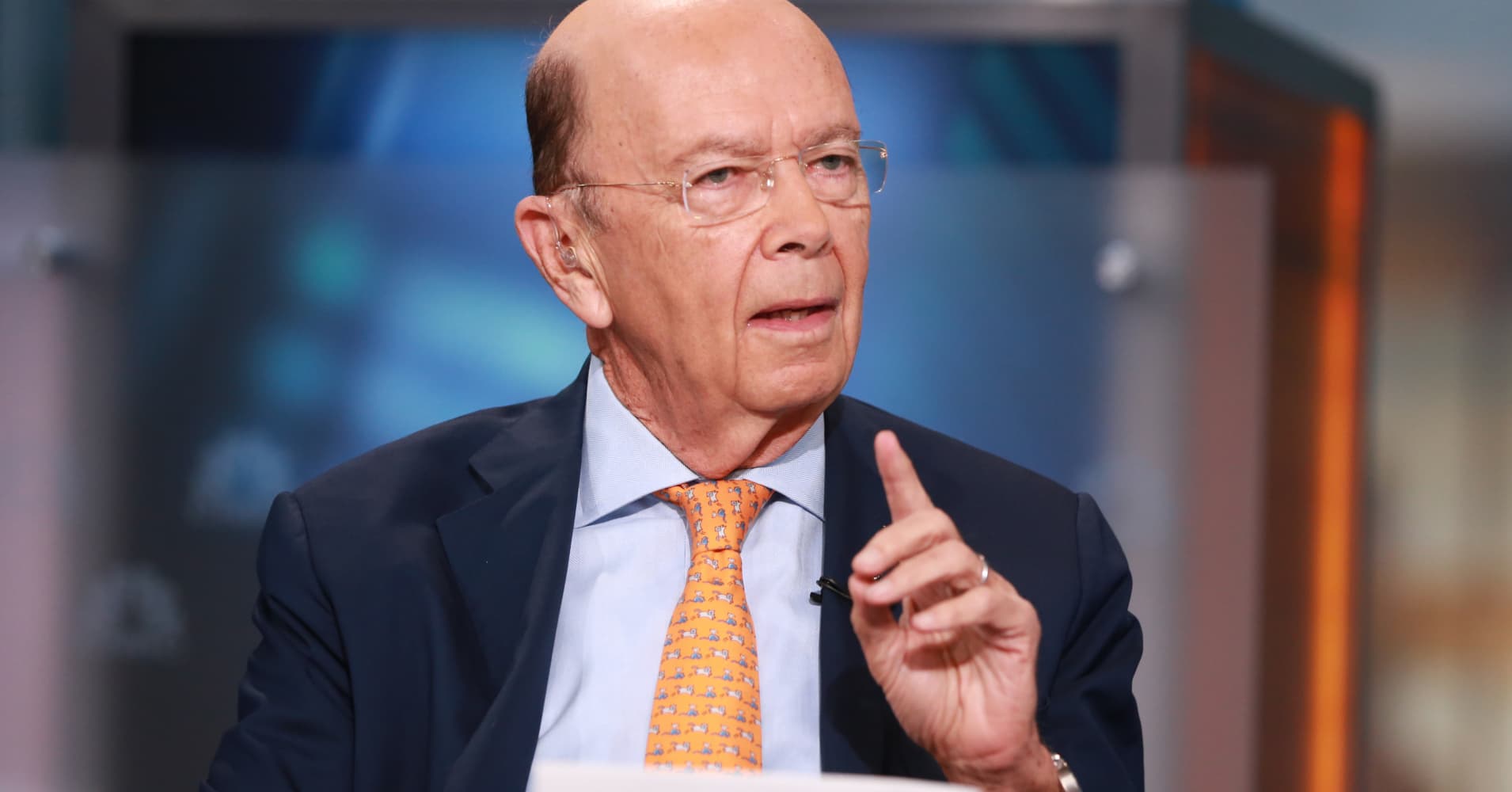After news broke about his short sales, Ross was criticized by Sen. Ron Wyden, D-Ore., during an appearance before the Senate Finance Committee, where Ross was testifying about current and proposed tariff actions.
Wyden said controversy over Ross’s financial dealings could weaken efforts to improve America’s trade position.
Richard Painter, who served as chief White House ethics lawyer under President George W. Bush, told CNBC: “I never heard of someone using short positions to divest.”
“I helped in hundreds of transactions for employees entering government,” noted Painter, who is now a Democratic candidate for senator in Minnesota. “This is not an acceptable situation,”
But Jacob Frenkel, a former federal criminal prosecutor who had handled corruption and financial crimes, said that Ross’s transactions highlight “the challenge presented to uber-sophisticated investors with large portfolios who enter government service.”
“While it may not look good on its face, this clearly is an example of how someone is trying to do the right thing rather than cover up that we so often see,” said Frenkel, now a partner at the firm Dickson Wright.
A legendary investor who made his fortune in distressed assets, Ross came into office in early 2017 with a long, complicated list of financial holdings.
According to a financial disclosure report filed last year, Ross and his wife, Hilary Geary, held combined disclosed portfolios consisting of more than 483 assets, income and retirement accounts. The value of those assets was estimated to be between around $51,029,060 to $523,981,070.
After President Donald Trump nominated him to be Commerce secretary, Ross announced that he planned divestitures of at least 80 assets and investment funds.
In recent weeks, Ross has said that his short sales were done to accomplish that goal. He explained that in each case, he learned after he began divesting in companies that he had been awarded additional shares in the firms as compensation for serving as a director.
“When I found out I had these investments my first reaction was to short them since they were not in my physical possession, and I had to wait until I received them from the transfer agent to dispose of the shares,” Ross said.
“My intent was to be economically neutral to ensure no perceived conflict,” Ross said.

Be the first to comment